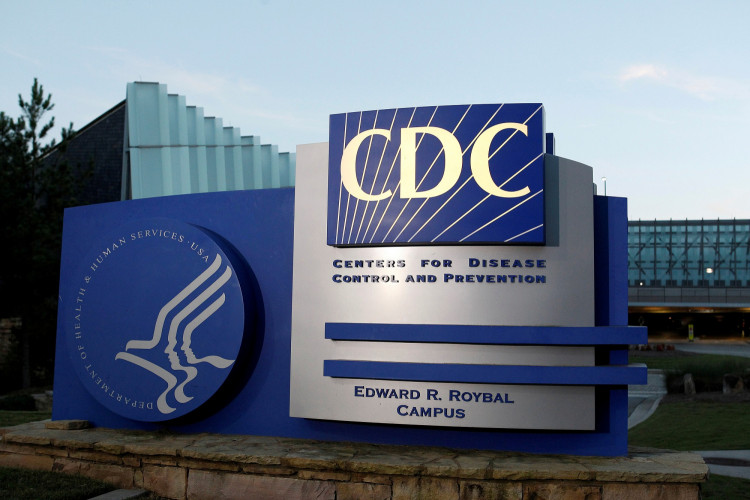Burkholderia pseudomallei, a lethal bacteria with a global fatality rate of approximately 50 percent, has been pronounced as endemic along the Gulf Coast of the United States by the Centers for Disease Control and Prevention (CDC).
The bacteria, which can cause the deadly disease melioidosis if untreated, has seen three confirmed infections on the Gulf Coast, the CDC reported.
Julia Petras, an epidemic intelligence service officer from the CDC's National Center for Emerging and Zoonotic Infectious Diseases, informed HealthDay News, "This bacteria naturally resides in soil and often in freshwater in specific regions around the globe. It thrives in tropical and subtropical climates."
Mississippi reported the most recent case in January, following two previous cases in the same county in July and May of 2020.
Notably, most individuals infected with the bacteria remain asymptomatic and generate antibodies against it, suggesting a higher number of potential infections, according to Petras.
All three patients from Mississippi successfully recovered from the infection.
"This disease has earned the moniker 'the great mimicker' as it can present as various ailments," Petras told HealthDay News. "It often slips under the radar - undiagnosed, underreported, and unrecognized. It's a neglected tropical disease that's often forgotten."
Infection usually occurs through exposure of open wounds to the bacteria or inhalation of germs during severe weather events.
Individuals with diabetes or liver and kidney issues, as well as excessive alcohol consumers, are most vulnerable to this infection.
Petras cautioned, "Binge drinking has been linked to cases in areas where the disease is endemic."
The CDC classifies a disease as endemic when it maintains a steady presence within a specific geographic location, such as a state or country.
Globally, person-to-person transmission of the bacteria has only been documented twice.
Once inside the body, the bacteria targets organs like the lungs and brain, and any organ susceptible to abscesses.
Petras explained, "Many patients present with sepsis or pneumonia, conditions that are linked to increased mortality and unfavorable outcomes."
Worldwide, roughly 160,000 cases are reported each year, resulting in around 80,000 deaths.
Early diagnosis and appropriate treatment of melioidosis are crucial. "Our arsenal includes effective antibiotics," Petras assured HealthDay News. "Initial treatment involves intravenous administration of antibiotics for a minimum of two weeks, followed by a three to six-month regimen of oral antibiotics."
Treatment often commences with intravenous Meropenem (Merrem) and ceftazidime (Fortaz), followed by oral administration of Amoxicillin.
"Though the treatment is extensive, if initiated early and completed in full, the prognosis is generally favorable," she added.
While the entry route of B. mallei into the Gulf Coast remains unknown, scientists speculate that climate change could be a contributing factor.
The bacteria, which flourish in warm, moist environments, was initially discovered in Australia and Thailand, as per Petras.






